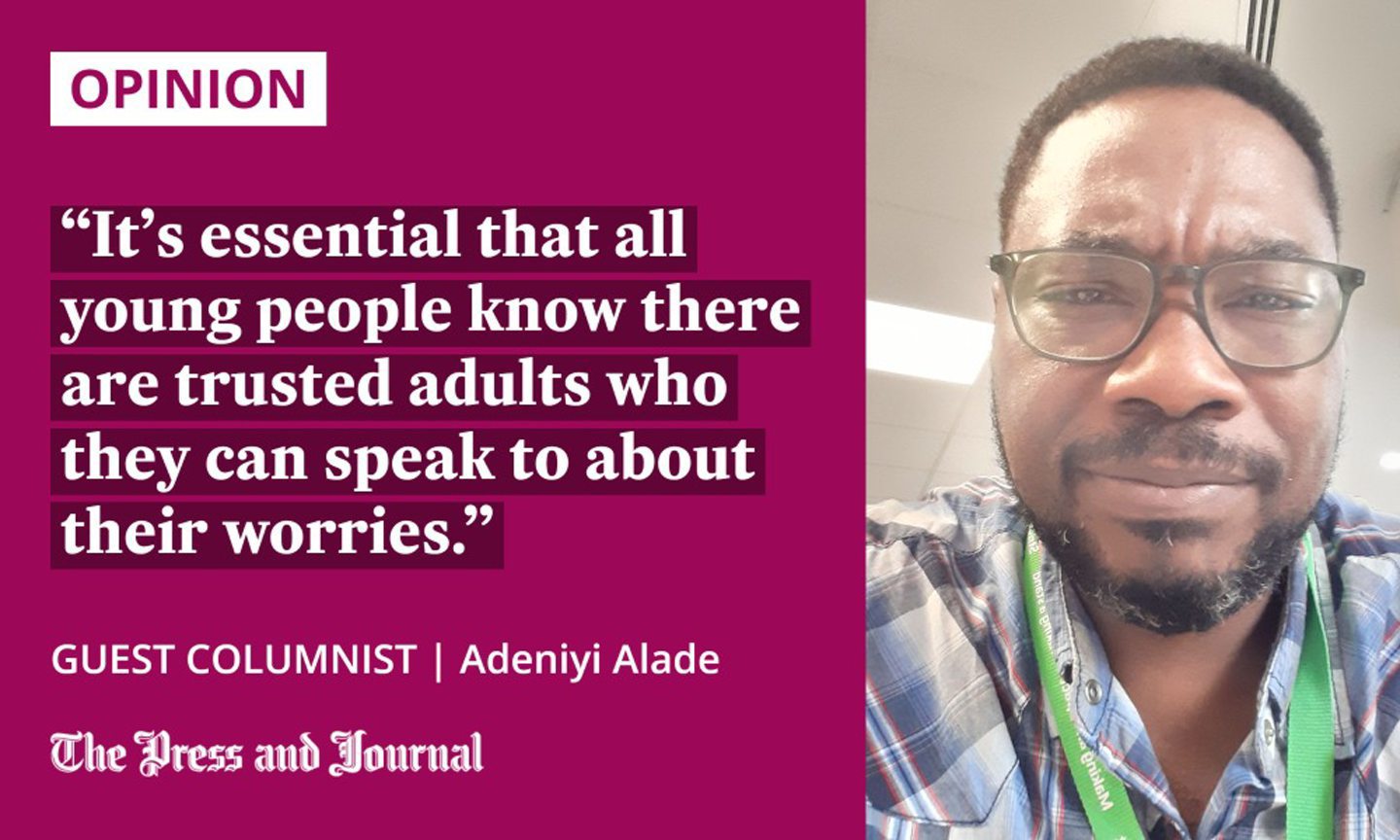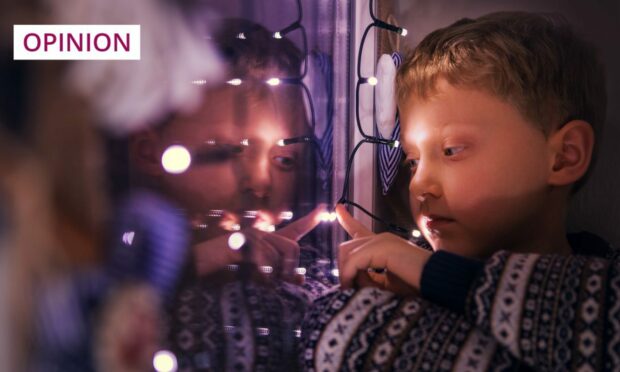The festive season is fun and exciting for many young people but, sadly, scary and dangerous for others, writes Adeniyi Alade of Childline.
The festive season has arrived, and it’s easy to get swept up in the subsequent Christmas celebrations. But, at Childline, we are sadly aware that, for many young people, this time of year is the darkest in more ways than one.
As the Christmas school holidays are fast approaching, staff and volunteers at our Aberdeen Childline base are preparing to ensure we can be there whenever a child chooses to reach out.
It’s essential that we are available, because we know that December and January are common months for children to confide in Childline about abuse they have experienced.

In the last year, Childline has delivered 15,515 counselling sessions to children across the UK, including more than 600 in Scotland, during which they have spoken about the abuse they have suffered or are experiencing. In 2,267 of those counselling sessions children revealed abuse for the first time ever.
Sadly, for some, the abuse is taking place at home, which should be a place of safety.
When young people open up to us about the sexual, emotional, physical, or domestic abuse affecting them for the first time, they tell us about how they feel shame, fear, or worried that they were the ones who had done something wrong to cause the abuse. Others say they don’t know how to tell their parents.
Always encourage open communication
As a parent or carer, it can be extremely worrying if you think there is something bothering your child that they find it difficult to speak to you about. Talking to them and keeping the line of conversation open is vital, and will give them confidence and reassurance that they can talk comfortably about their worries and concerns.
Speaking to children about healthy relationships is also important, and can help them recognise the signs of abuse. It’s essential that all young people know there are trusted adults they can speak to about their worries, including Childline.
That’s why we’re launching our Be Here For Children Christmas campaign, to encourage everyone here in Scotland and across the rest of the UK to do whatever they can to help ensure we can be there for young people, whenever they need us.
If you are concerned about a child, please contact the NSPCC Helpline on 0808 800 5000, or email help@nspcc.org.uk.
Childline is always here for children and young people on 0800 1111, and more advice and support can be found at childline.org.uk if they have any worries or concerns.
Adeniyi Alade is head of Childline in Scotland

Conversation